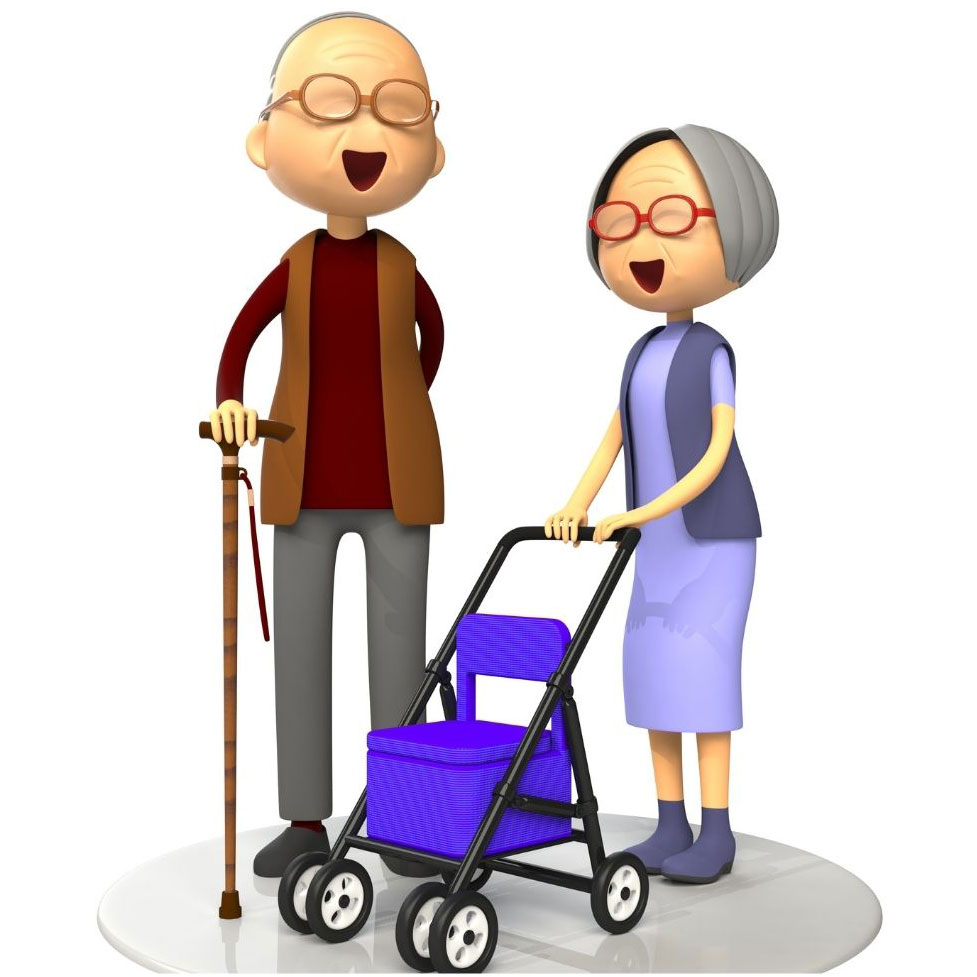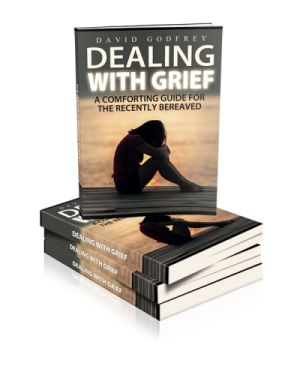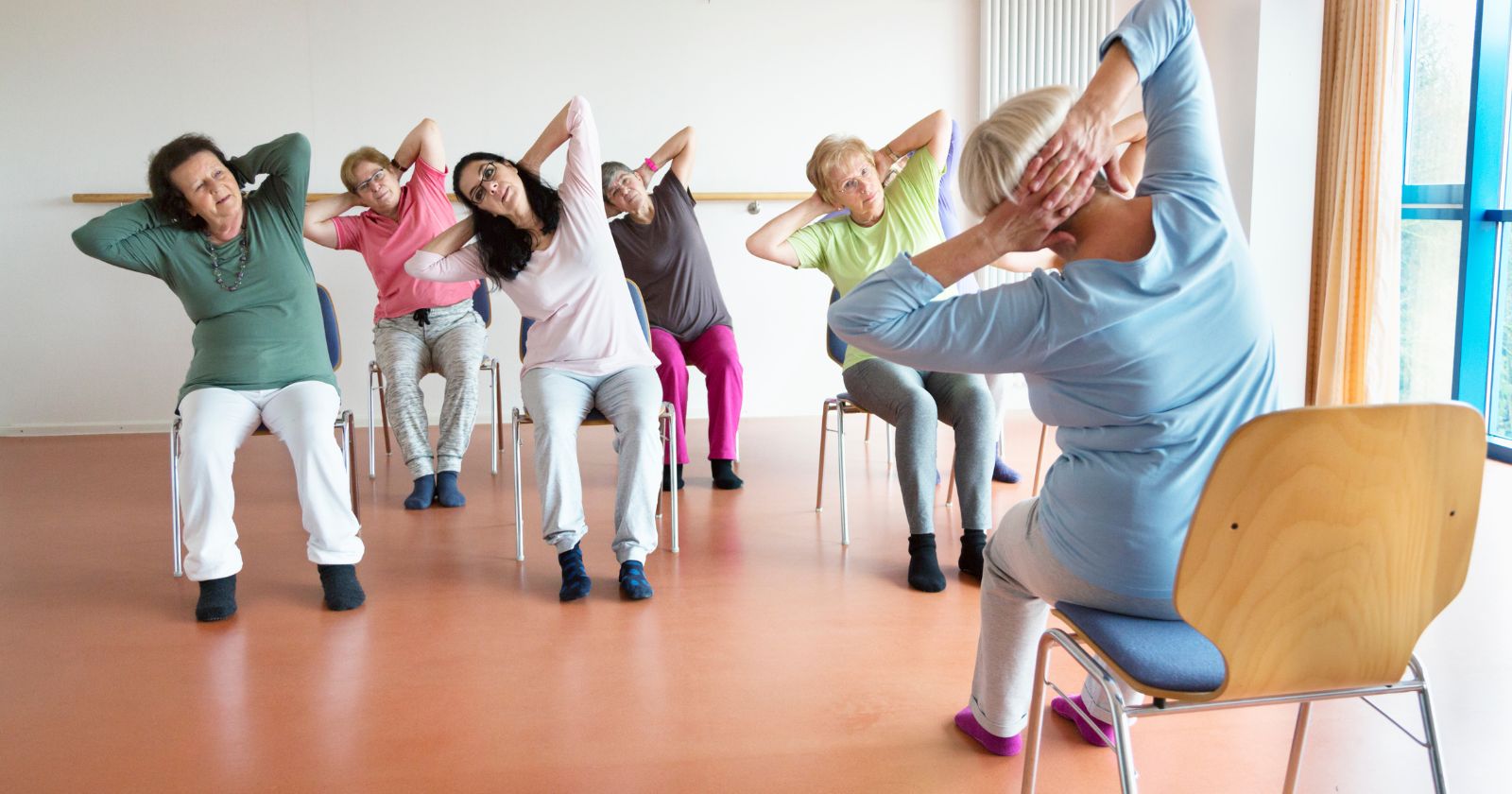How Can The Elderly Deal With Grief. Looking for How The Elderly Can Deal With Grief? Here are The steps in dealing with Grief. This Review Reveals the best ways to Deal With Grief.
Grief is the response to loss, particularly to the loss of someone or some living thing that has died, to which a bond or affection was formed. Although conventionally focused on the emotional response to loss, grief also has physical, cognitive, behavioral, social, cultural, spiritual, and philosophical dimensions.
In this article, we’re reviewing the best ways to deal with grief in 2021.
THE PROBLEM
Everything In Our Culture Is Aimed
At Hurrying Us Through The Grief Process.
We Are Ill-Prepared And We Ultimately Pay A Huge Price.

How Can The Elderly Deal With Griefz: Grief wears many hats
There is a wonderful book about exploring grief called The Wild Edge of Sorrow – By Francis Weller. Here are some of the gates where you can explore your grief and there are many places you might not be aware of:
- First Gate Of Grief: Everything We Love, We Will Lose
- The Second Gate Of Grief: The Places That Have Not Known Love
- The Third Gate: The Sorrows Of The World
- The Fourth Gate: What We Expected And Did Not Receive
- The Fifth Gate: Ancestral Grief
We fear grief and are impatient with it
Individually and collectively we fear grief and are impatient with it. In the midst of loss, I was encouraged by well-meaning and good-intentioned friends to get back into the swing of things. I was told that life goes on. Staying in the land of grief too long I was I believe something of an embarrassment or a threat. Grief has a numbing feeling, but morning is a continuous searing pain.
We have precious little accurate information on what to do when we lose them.
While we have learned much about acquiring things, we have precious little accurate information on what to do when we lose them. Loss is inevitable. In spite of these truths, we receive no formal training in how to respond to events that are guaranteed to happen and sure to cause pain and disruption. We are even advised not to learn about dealing with loss—or at the very least, not to talk about it. “What’s done is done.” “You have to move on.” “Don’t burden others with your feelings.” The list goes on and on. All efforts to heal the heart with the head fail because the head is the wrong tool for the job. It’s like trying to paint with a hammer—it only makes a mess.
Refusal to accept life on life’s term
This is a result, in great part, of our refusal to accept life on life’s terms. Instead, we try to avoid pain and suffering. We don’t turn our face into the world, into the full experience of life, but instead, we slowly back into the grave, stubbornly trying to avoid our losses, ignoring the truth that these sorrows can be our greatest teachers, our greatest gifts. This half-life is not what we came here to experience. To change this story, we must be able to bring death close to us. We must be willing to live with the ways that death keeps
We live in a grief-illiterate society
We live in a grief-illiterate society. This is why many people who have recently lost a loved one have no familiarity with or understanding of grief, which can deepen and prolong their feelings of pain and heartache. They can struggle with unfamiliar reactions like guilt or anger, not realizing that these can be very common and even productive elements of the grieving process. And in many cases, they don’t know how to talk about it with others, or how to reach out to those who can help, and so they end up feeling lost and alone. These are things I counsel people on all the time, helping to guide them to an understanding of how grief is a normal, even central, part of human existence.
It is not an easy road
Going through grief takes time, energy, and understanding, but it is not an easy road. By demystifying death, we can alleviate some of the pain and loneliness experienced by those who lose someone.
The Consequences – We Pay A Huge Price
Now I would like to show you something which reveals the secrets of handling grief in the best possible way so that it cannot only heal you…
… but prevent the grief from taking over your life for good.
And that’s important, because…
Your Grief Could End Up Killing You Inside…
Grief increases inflammation in the body, which will make any underlying conditions worse as well. It depletes the immune system, so you’ll be more likely to fall ill from infections. The stress of the pain can increase blood pressure and the presence of blood clots. It can even change the heart itself, leading to “broken-heart syndrome” with the same symptoms as a heart attack.
Additional physical symptoms of grief include:
- Dry mouth.
- Headaches or other aches and pains.
- Shortness of breath, in which case, you should call your doctor to make sure there’s nothing more serious going on.
- Chest pains, which may mean you might want to call emergency services.
- Stomach pain.
- Nausea.
- Fatigue.
- Being overly sensitive to noise and/or light. Increased heart rate. Decreased appetite.
- Increased appetite, soothing emotions with food.
- Panic attacks.
- Muscle weakness.
- General heaviness in the body.
- Depression
- Cardiovascular risk
- Complicated grief
- Recurring illness and increased healthcare costs
- Decreased workplace productivity
- Longer-term unemployment
- Marital strife
- Financial decline
- Mortality
- Impact on caregivers
Death Is An Unwanted Part Of Life
Death is an unwanted part of life, but an outcome that every single one of us will have to face at some point. And yet we are often so uncomfortable with death’s inevitability that we find ways to avoid discussing it, or even thinking about it until it becomes impossible to avoid—and then, having had so little practice, we often simply don’t know what to say.
There is a book that can help you step by step through the grief process. This book teaches you things that should have been taught in school. It eliminates grief illiteracy. Click below to find out more about the book.
Conclusion
- Grief wears many hats
- We fear grief and are impatient with it
- We have precious little accurate information on what to do when we lose them.
- Refusal to accept life on life’s term
- We live in a grief-illiterate society
- Going through grief takes time, energy, and understanding, but it is not an easy road. We need guidance.
Now I would like to show you something which reveals the secrets of handling grief in the best possible way so that it cannot only heal you…
… but prevent the grief from taking over your life for good.
And that’s important, because…
Your Grief Could End Up Killing You Inside…Check This Book Out.







